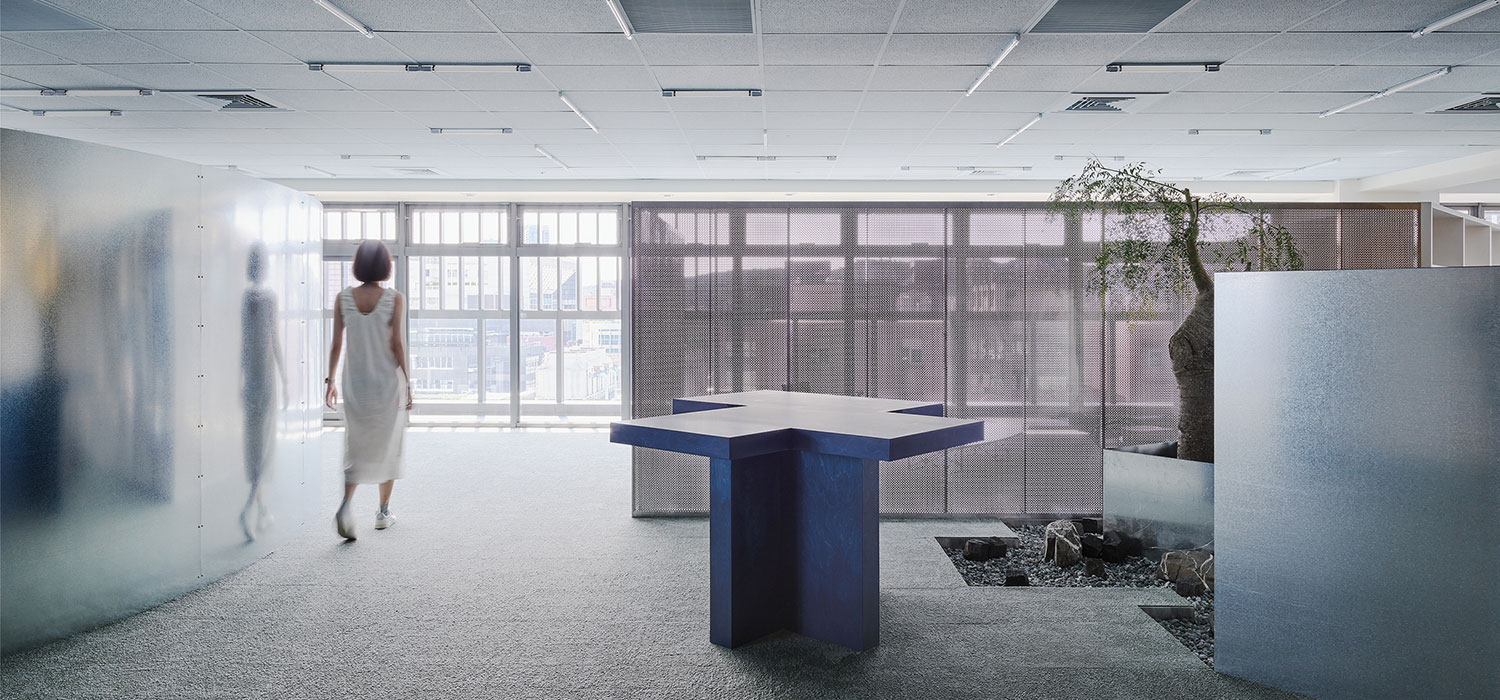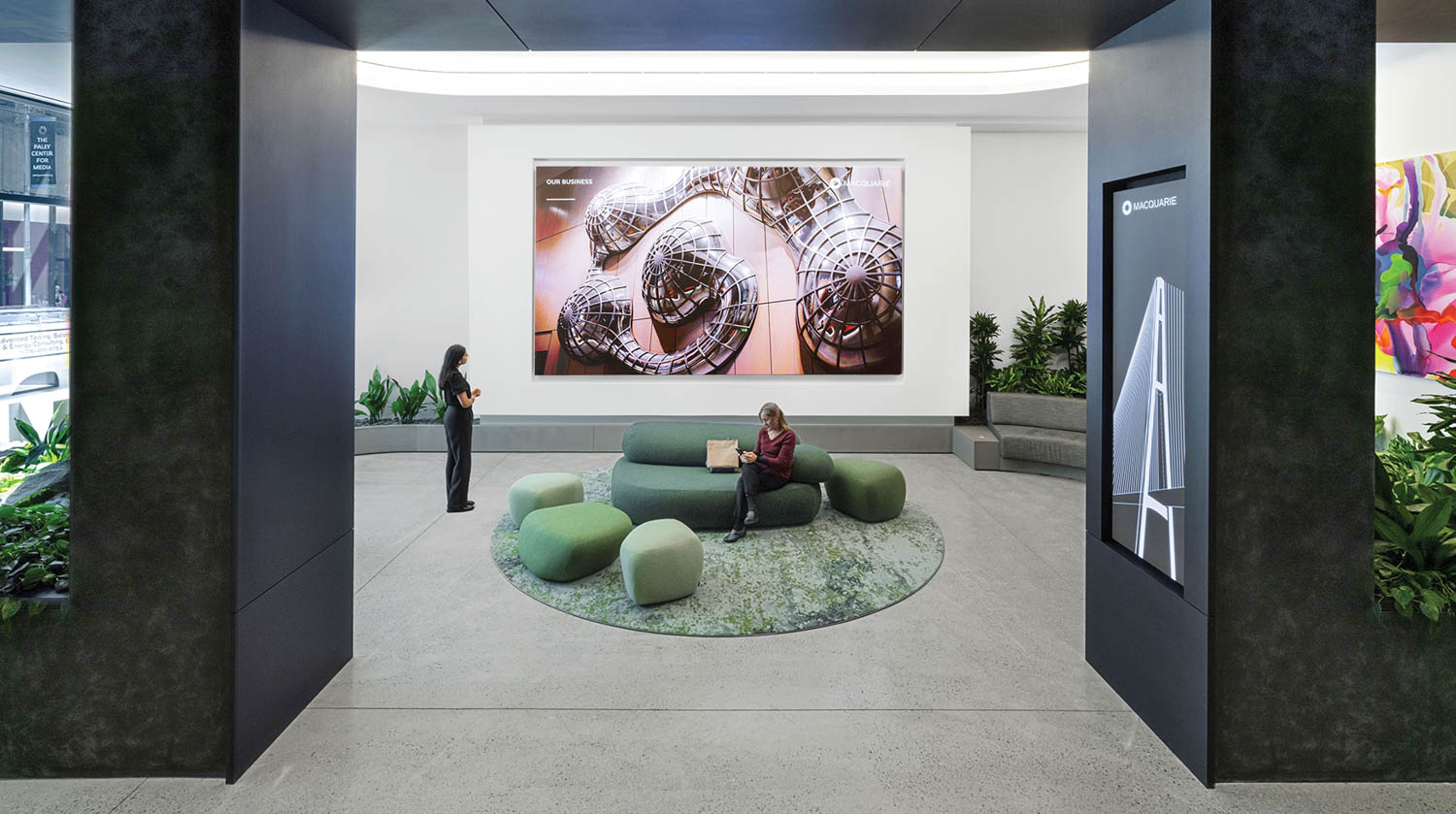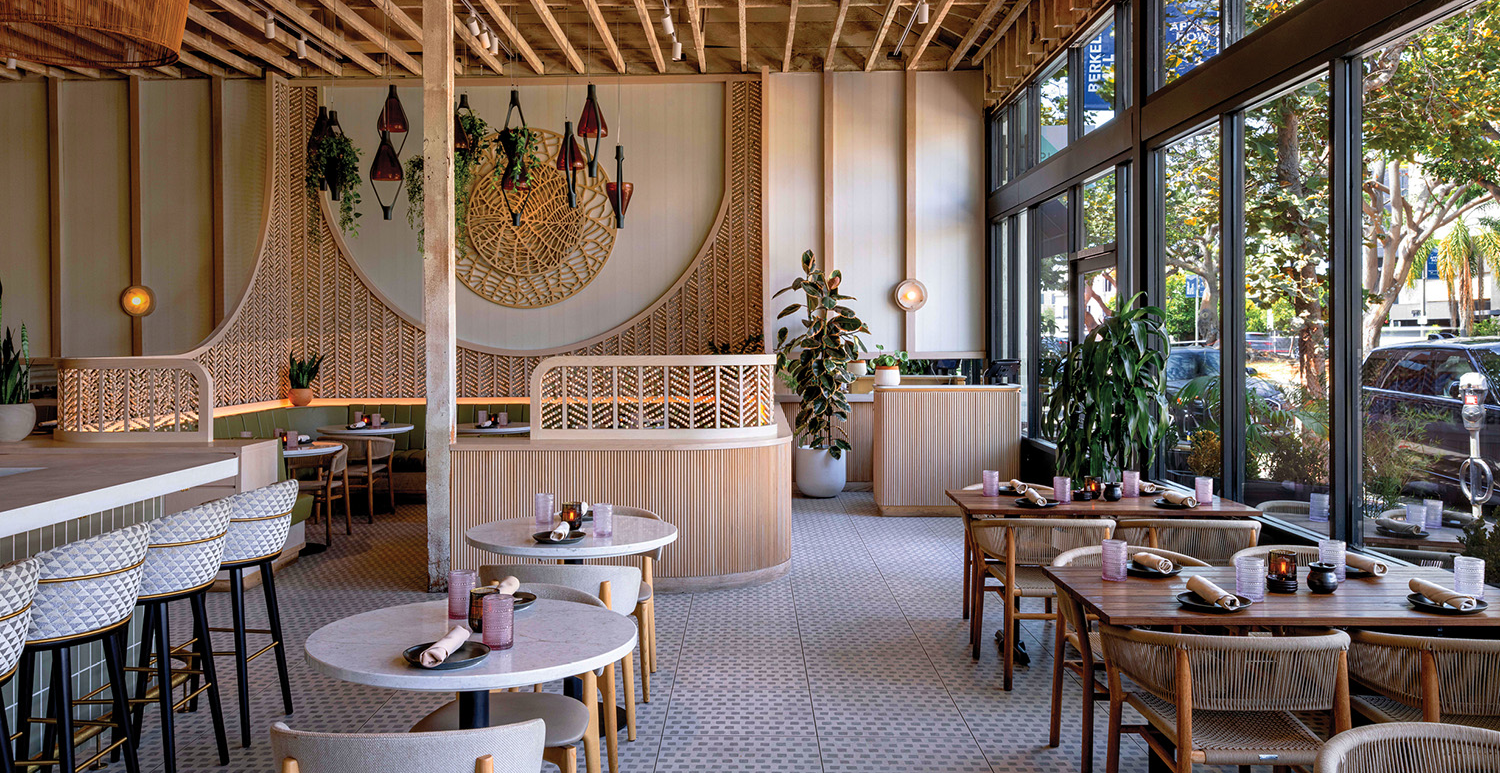Workplace Strategy in Design: Brightspot Strategy
“Work is no longer someplace you go,” says Amanda Kross, Brightspot Strategy consultant. “It’s something you do. Workplaces are now designed to be an extension of our cities and towns, providing places for interdisciplinary interactions—places to learn, engage with others, and be part of a wider community.“
Brightspot develops workplace strategies for their clients by drawing on numerous resources and best practice examples from universities, libraries, and cultural institutions. “Our work with academic libraries, for example, has taught us that libraries are moving away from book-centered to learning-centered to choice-centered destinations,” explains Kross. “Users need choices. Not only where on campus to study, but where in the building, the floor, or the room.” These preferences can change rapidly depending on a user’s work and who they are working with. Therefore, environments driven by variety, choice, connectivity, personalization and reconfigurability will thrive.
Kross says flexible “great rooms” are a way to offer the sort of space in which employees can find a place that best suits the work they’re doing. And, like everyone who creates contemporary office space, she notes, “The culture that guides the use of the space is as important as the space itself, much as the software is for any piece of hardware.”
Successful workplace design, she says, is unique to the organization inhabiting it.
At Canvas, a digital agency in New York City, Brightspot worked directly with employees to define what an effective and inspiring workplace meant for them, even prototyping different workstation configurations until finding one that best supported side-by-side collaboration, a key factor in how the developers work.
Eight months after Canvas occupied their new office space, Brightspot came in to evaluate. The findings? Increased employee satisfaction all around (they liked things like the variety of work spaces and access to natural light) and 25% less time wasted. Translation: a more effective, engaged culture that people want to be a part of and are less likely to leave.


